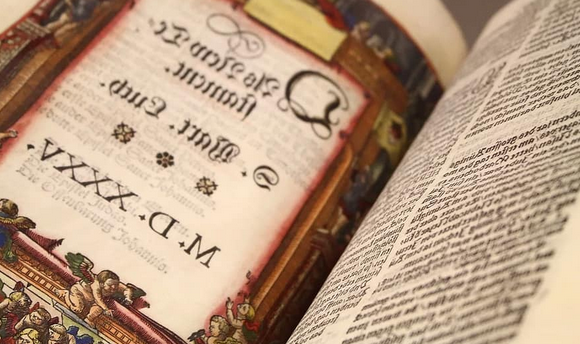Centuries ago, especially before the advent of printing, producing just one copy of a book was painstaking. The process required a tremendous amount of time, a lot of patience, and superb attention to detail. The meticulous work was done by scribes manually. The longer the book, the more months it took to have a book completed, if not years.
To finish the book sometimes came at the cost of the scribe’s health. Their sight would begin to fail, their body to ache and hurt from sitting.
Perhaps surprisingly to the modern day reader, at the end of the book, medieval scribes would pen something like this:
“Hanging will do
For him who steals you”
Or, something more elaborate:
“If anyone takes away this book, let him die the death; let him be fried in a pan; let the falling sickness and fever seize him; let him be broken on the wheel, and hanged. Amen.”
“Medea” cold front to bring snow in Greece on Saturday
Turkey plans to reach the moon in 2023, Erdogan says
The first two lines can be found in a book dated to the year 1461. The second and longer junction, taken from the end of a Bible copy with German provenance, was scribed around the year 1172. Both exemplify medieval book curses, inserted by the copyist to assure that the product of their hard work will not go in vain. That it will not end up in the hands of thieves.
Read more: The Vintage News







































